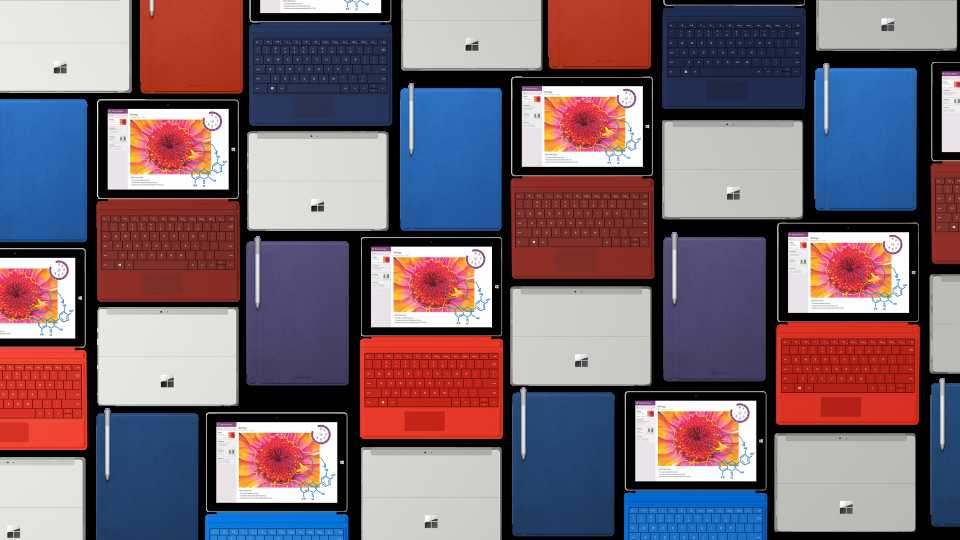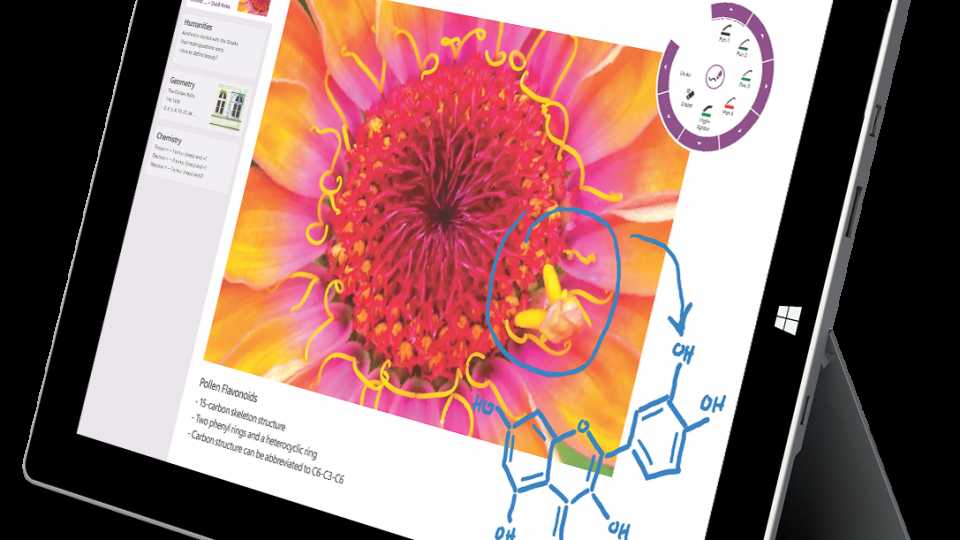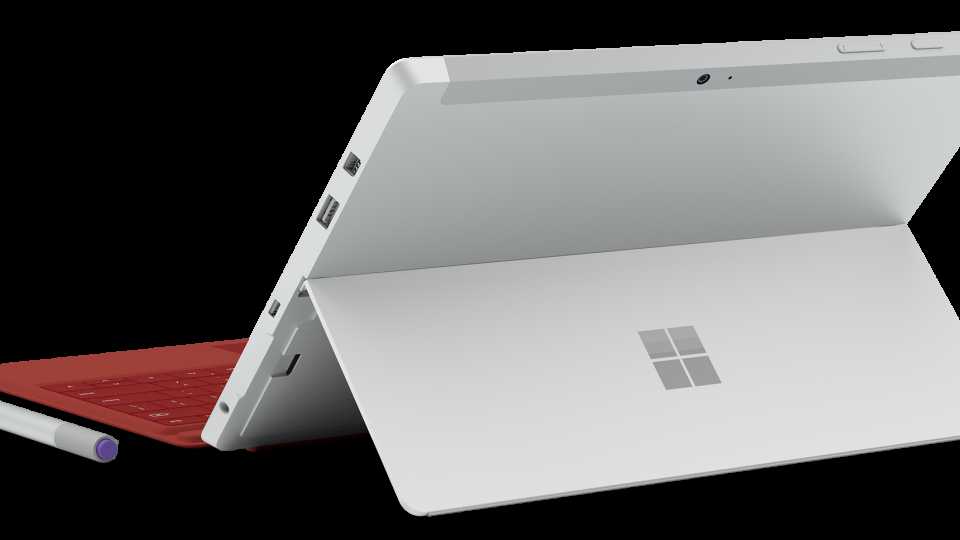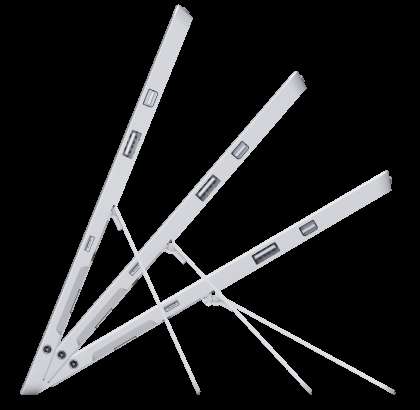We didn’t think we’d see another Surface tablet before Microsoft launched Windows 10, let alone one that didn’t have the word ‘Pro’ in the title, but the Surface 3 comes as a very welcome surprise - particularly if you thought its big brother, the Surface Pro 3 , was a touch expensive.

With the 64GB version starting at £419 and the 128GB version reviewed here at £499, it's cheaper than the entry-level Pro 3, and, unlike its predecessors, the Surface 3 runs full 64-bit Windows 8.1 rather than Windows RT, allowing you to download and install any third party program just like you would on an ordinary PC or laptop.
This alone gives it a huge advantage over the original Surface and Surface 2 tablets, which restricted you to only using apps available from the Windows Store, but you also get a free upgrade to Windows 10 later this summer and Microsoft's even throwing in free year's subscription to Office 365 Personal if you buy one before the end of the year, adding a lot of extra value to the package. This includes full versions of Excel, Word, PowerPoint, OneNote and Outlook, and it certainly makes a compelling argument for getting rid of your old netbook or business laptop and replacing it with this gorgeous all-in-one tablet hybrid.
BUILD QUALITY AND PORTS
We were already big fans of the Surface Pro 3’s silver magnesium chassis, so we’re pleased to see Microsoft reprising the same design for the smaller Surface 3. It’s lighter this time, weighing just 622g, and at 8.7mm it's thinner too. While it’s far from the most slender tablet we’ve seen, any thinner and Microsoft wouldn’t be able to fit a full-sized USB3 port on the side.

^ The Surface 3's display is one of the best we've ever seen on, both on a tablet and on a laptop
This makes it much more versatile than other Windows tablets as it means you can plug in an existing keyboard or mouse if you don't fancy paying another £110 for a Surface Type Cover keyboard, or even a gamepad for a spot of mobile gaming. With Bluetooth support you could even use wireless peripherals, leaving the USB port free for a flash drive, and if that's not enough a separate docking station with more ports will be available soon. You’ll also find a microSD card slot, a mini DisplayPort output for connecting the Surface 3 to a projector or external display, and a headphone jack for listening to films and music.
The biggest change is the switch to micro USB charging, rather than a magnetically attached proprietary cable like the one found on the Surface Pro 3. This was very easy to knock out if you accidentally caught the cable or moved the tablet around your desk, but thankfully the USB connection on the Surface 3 is much more secure. It also means you can charge it with the same cable as your phone, allowing you to bid farewell bulky power supplies while you’re travelling.
DISPLAY
The Surface 3’s 10.8in display is a more manageable size than the 12in screen on the Pro 3, but it's also slightly less practical as a result. This is partly down to its almost box-like 3:2 aspect ratio, which makes it tricky to work on two documents side by side. We had a similar problem on the Surface Pro 3 as well, but at least the Pro's high resolution of 2,160x1,440 gave it a fighting chance of fitting in more than one document.
The Surface 3, on the other hand, has a smaller resolution of 1,920x1,280, giving it a pixel density of 213 pixels-per-inch. This is still sharp by tablet standards, coming in just below the iPad Air 2's PPI of 264, but you'll likely need to use one of the scaling options available in Display Settings; we felt that setting the desktop to scale to 100% was a real strain on our eyes when reading text. Fortunately, the Surface 3 is set to scale to a much more comfortable 150% by default, but you can always increase this to a maximum of 200% if necessary.

^ To help making working easier, the Surface 3 has a kickstand that props it up at the back
Still, being restricted to viewing one document at a time is a small price to pay when image quality is so good. Microsoft told us the Surface 3 has the most accurate display of any tablet, and our colour calibrator certainly returned some impressive results to help back up their claim. For instance, it measured an outstanding 97.2% of the sRGB colour gamut, which is higher than both Apple's new Macbook and almost every other laptop and tablet we've ever tested. The only tablet that's surpassed this figure is the Android-based Sony Xperia Z2 Tablet .
The Surface 3's screen was also lovely and bright, measuring 410.18cd/m2. This is more than enough for working outside in the sunshine (although you'll need to set the brightness to the maximum in order to do so), and it helps to keep whites looking clean and pure. Blacks were more mediocre at 0.46cd/m2, but text still looked perfectly deep enough when reading web pages and typing Word documents.

^ The kickstand has three set positions, making it ideal for working on at home or in the office
Contrast was good, too, measuring 888:1 and providing plenty of detail in images. We were also able to see the screen clearly from a wide variety of angles, which is particularly important when the Surface 3's rear kick-stand only has three fixed positions for working on. It's a shame it's not as flexible as the Surface Pro 3's kickstand, but the steepest angle still gives you plenty of clearance to work comfortably on a train, for instance, while the widest is perfect for typing out a quick email on your lap.
